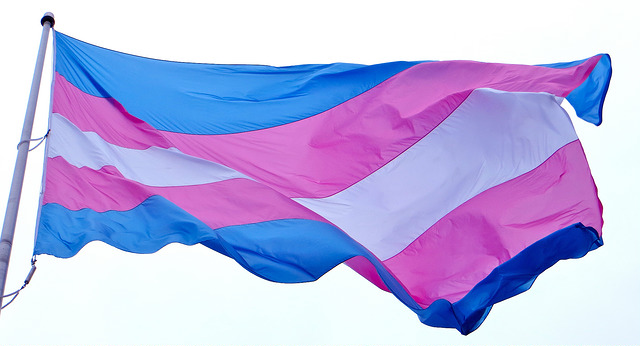A Minnesota mother claims her 17-year-old son received gender reassignment treatments without her consent. But after a district judge ruled against her lawsuit in 2017, Anmarie Calgaro enlisted the counsel of conservative Christian legal group, the Thomas Moore Society, who filed an appeal in August.
Philly’s LGBT Adoption Mandate Results in 250 Children Without Homes
Last month, Calgaro’s case was presented before a three-judge panel of the United States Court of Appeals for the Eight Circuit. Thomas Moore Society Special Counsel Erick Kaardal argued that Calgaro’s minor son, identified in court documents as “E.J.K.,” received “elective medical services for a sex change without her consent or a court order of emancipation.”
In Calgaro’s initial lawsuit, filed in November 2016, the mother claims that the defendants (St. Louis, County, Interim Director of St. Louis County Public Health and Human Services Linnea Mirsch, Fairview Health Services, Park Nicollet Health Services, the Cherry School district, the Cherry School Principal Michael Johnson, and her son E.J.K.) violated the Fourteenth Amendment by “terminat[ing] her constitutionally protected parental rights without due process.”
School officials responded to the lawsuit in 2016, arguing that E.J.K. should be treated as an emancipated minor because he had been living on his own and had obtained letter (not an official court order) from a lawyer concluding that he was legally emancipated under Minnesota law.
In May 2017, District Court Judge Paul Magnuson ruled against the mother, even though he admitted her son “has never obtained a court order of emancipation” and that Calgaro’s parental rights to her child “remain intact.”
In a statement released this week, Special Counsel Erick Kaardal calls his client’s prolonged legal battle “a parent’s worst nightmare.”
“There’s a real disconnect in the District Court decision where the mother’s parental rights are admitted but not honored,” he said. “At the same time, the District Court claims those agencies which are clearly violating Calgaro’s acknowledged rights are doing nothing wrong.”
In light of the latest appeal, Kaardal urged the judges to focus on what the law says about Calgaro’s parental rights.
“Court of Appeals needs to untangle this legally incompatible scenario by stating how the law of parental rights and emancipation work administratively by addressing emancipation law and procedures in a way that protects parental rights,” he said. “Most importantly, the Court must ensure that any state law violating those parental rights is struck down as unconstitutional.”
Kaardal went on to state that the “Court of Appeals needs to untangle this legally incompatible scenario by stating how the law of parental rights and emancipation work administratively by addressing emancipation law and procedures in a way that protects parental rights.”
“Most importantly,” he noted, “the Court must ensure that any state law violating those parental rights is struck down as unconstitutional.”
Kaardal concluded that Calgaro’s son, “while a minor, was steered through a life-changing, permanent body-altering process, becoming a pawn in someone else’s sociopolitical agenda and being influenced by those who have “no legal or moral right to usurp the role of a parent.”
As for Calgaro’s son, E.J.K. has maintained that the treatments he received were completely voluntary.
“I was not pressured in any way by my providers to consent to this treatment,” E.J.K. said last year, according to NBC News. ”My providers had no involvement in my decision not to involve my mother in my health care decisions.”
Even if this is the case, however, Kaardal has stressed that the teen’s personal wishes would not trump Calgaro’s rights to protect what she views as the best interests of her son.



